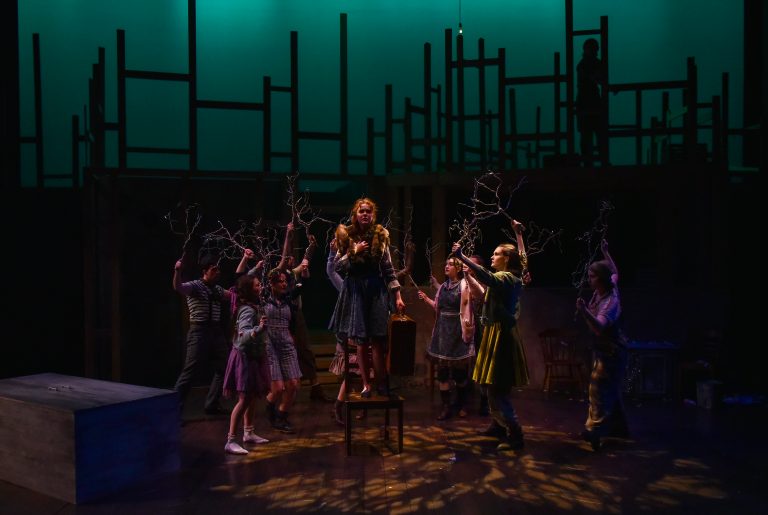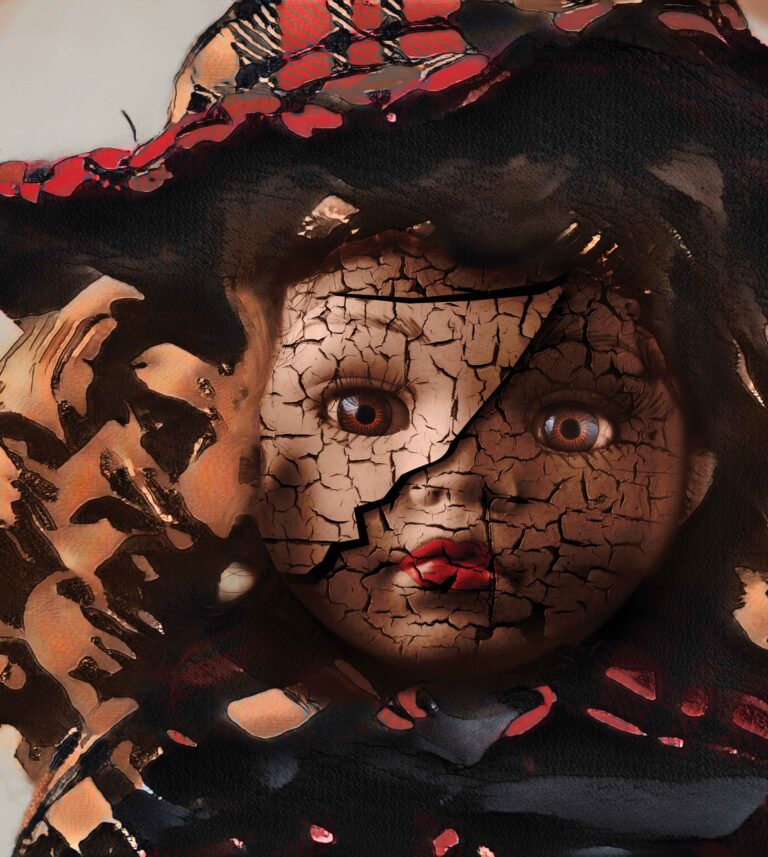THE LOVE OF THE NIGHTINGALE: speechlessness in the literal, figurative, and historical sense
By Jamie Hovis
Timberlake Wertenbaker’s The Love of the Nightingale is a modern adaptation of the Greek myth of Philomele as told in Sophocles’ Tereus and Ovid’s Metamorphoses. The story follows two sisters, Athenian princesses, Procne and Philomele. Years after Procne is married to Tereus, the king of the faraway country of Thrace, she finds herself missing her sister and sends Tereus to retrieve her from Athens. What follows is a story that is all too familiar. It is a story of femininity versus masculinity, the logical versus the visceral and, most importantly, the oppression of silence versus the freedom of expression.
Timberlake Wertenbaker was raised in Basque, France. She graduated from Saint John’s College in 1966 and shortly thereafter spent a year in Greece as a young woman to teach language. It is there that she began forming her voice as a writer. Growing up in an area where the local language had been completely obliterated, it is understandable that Wertenbaker’s work focuses heavily on language and its political importance. This play then, in particular, can be seen as very personal to Wertenbaker. She has seen firsthand the results of a silenced culture and she has been profoundly moved by this sight. She lists as her top influences Eugene O’Neil, Jean-Paul Satre, Howard Brenton, and Howard Barker.
Wertenbaker has been labeled a radical feminist writer and The Love of the Nightingale does indeed concern itself very much with the oppression of women and the role of women in society. This season’s production pays very careful attention to these themes of masculinity and femininity and uses them to explore the broader context of silence and oppression. Director Sarah Hickler has chosen as the thematic cornerstone of this production how speechlessness and silencing on a smaller scale are affected by and representative of cultural silence on a macro scale. This is a play about what men are capable of doing to women and it is also about what oppressors are capable of doing to their victims. In this production we are very concerned with approaching rape culture and the mistreatment of women not as an isolated problem but as a symptom of a larger culture of violence. In the words of the playwright, “if you silence a people, if a culture loses its language, it loses its tenderness. You lose your countryside, your parent, and because culture is essentially verbal, you lose your history. I have a fear of enforced silence. Silence leads to violence.” Whether the silencing is literal or figurative, whether it extends to individuals or whole nations, the effect, in all cases, is loss.



